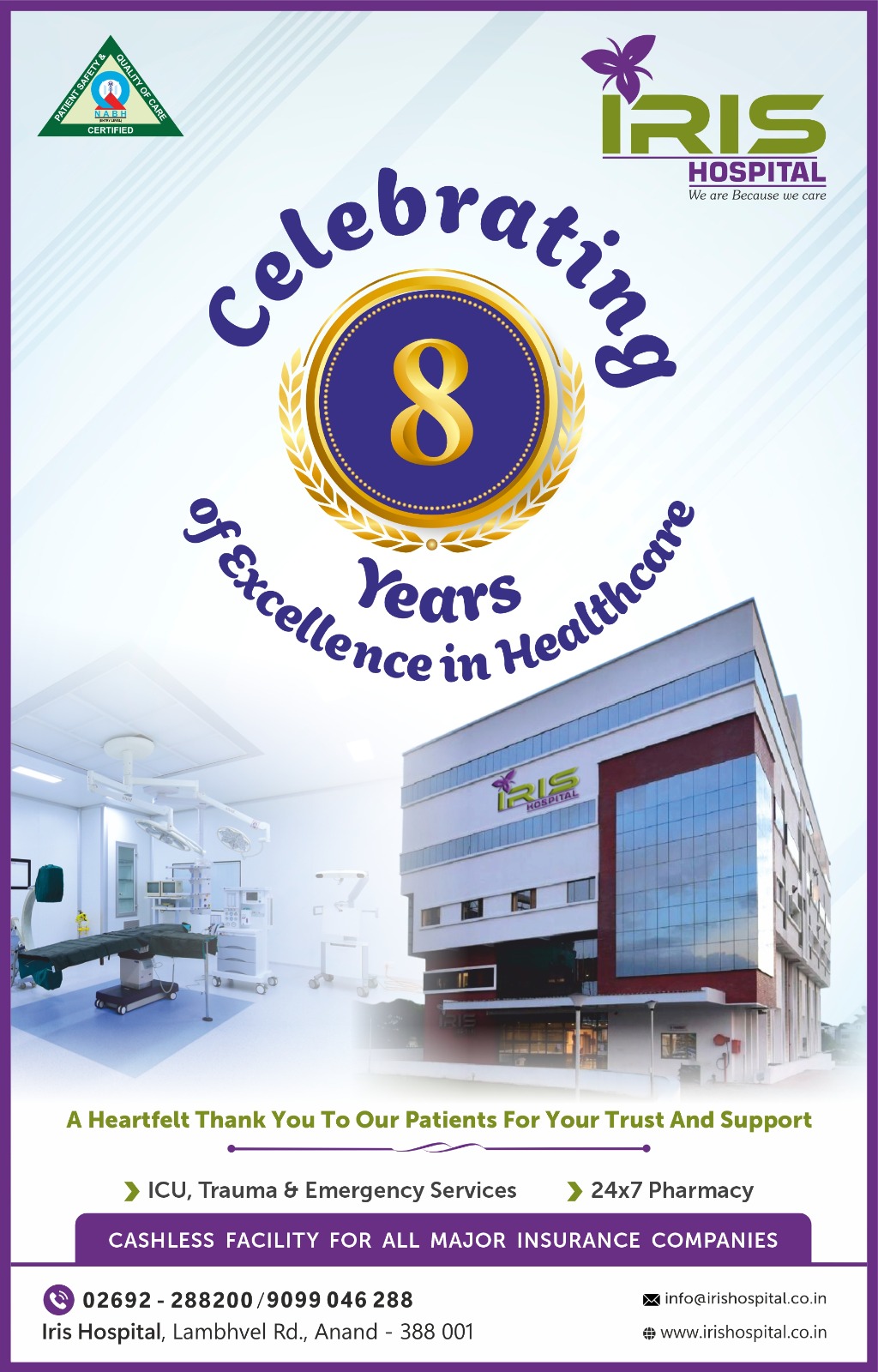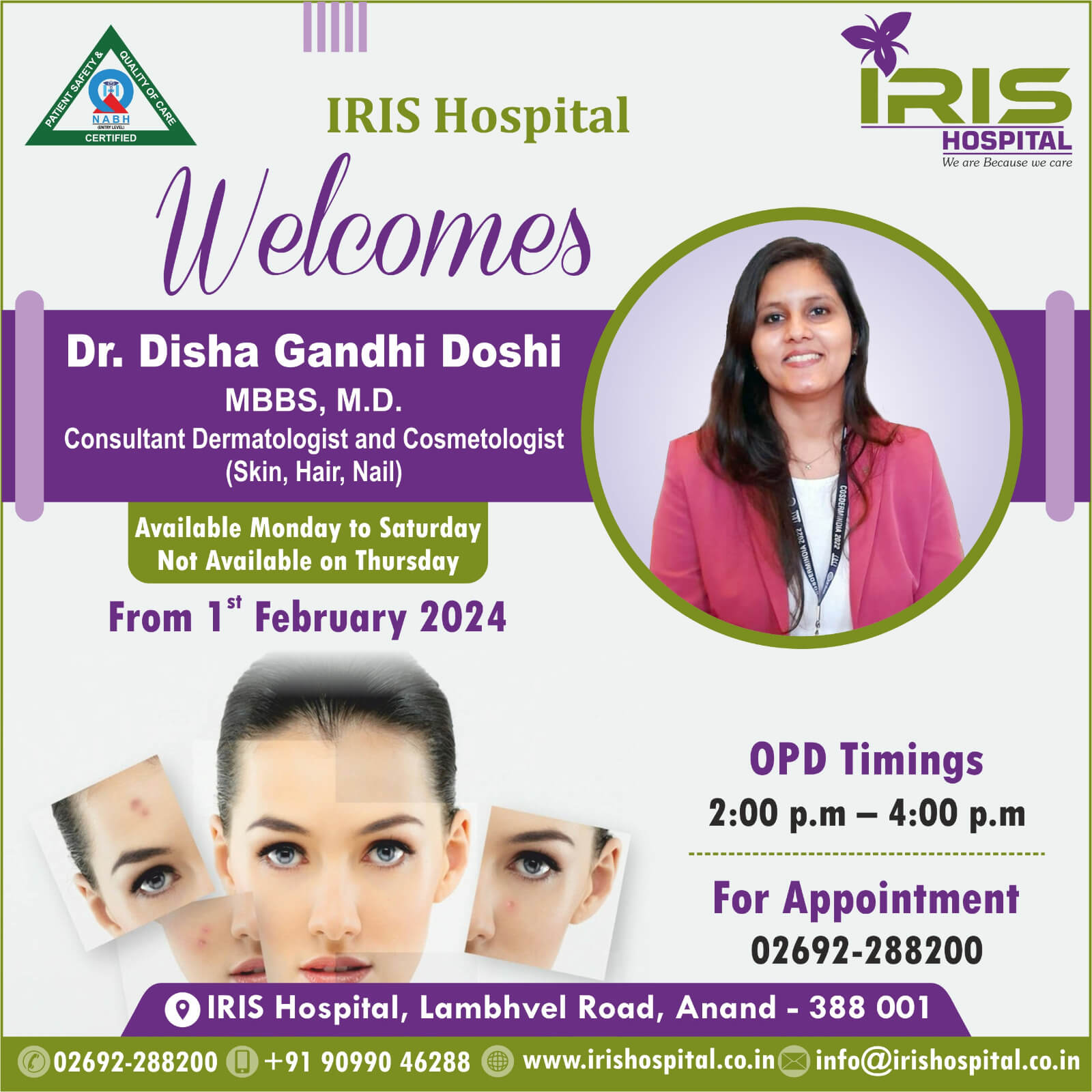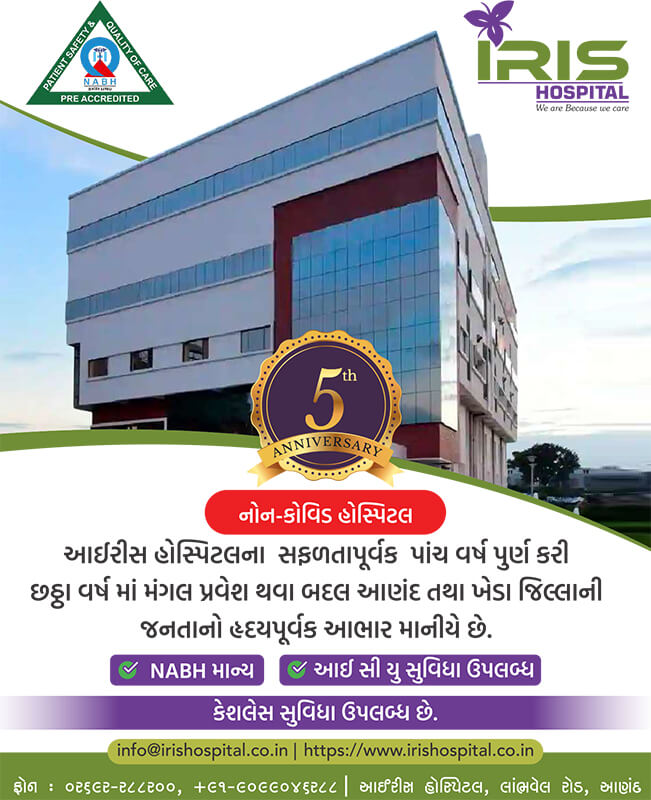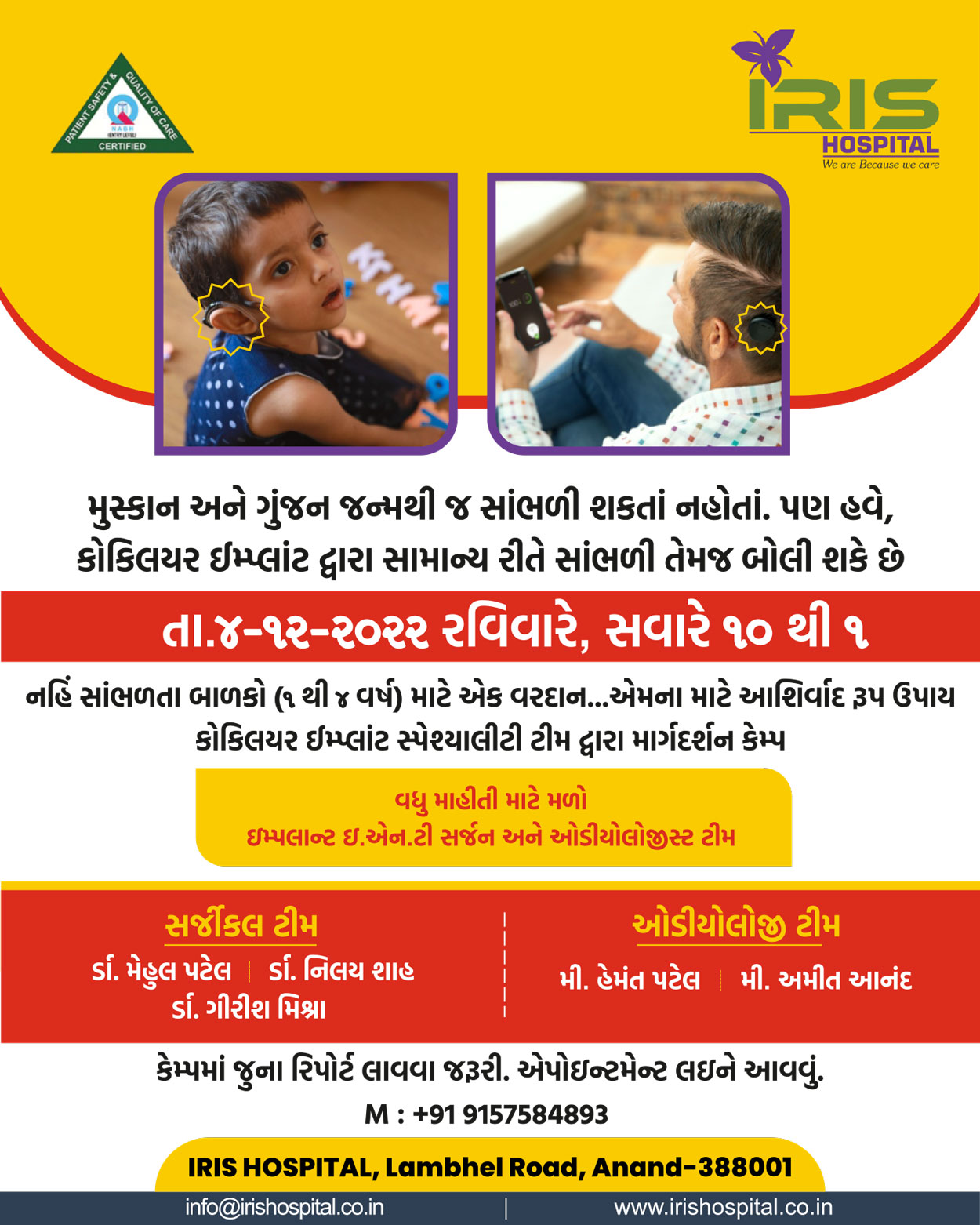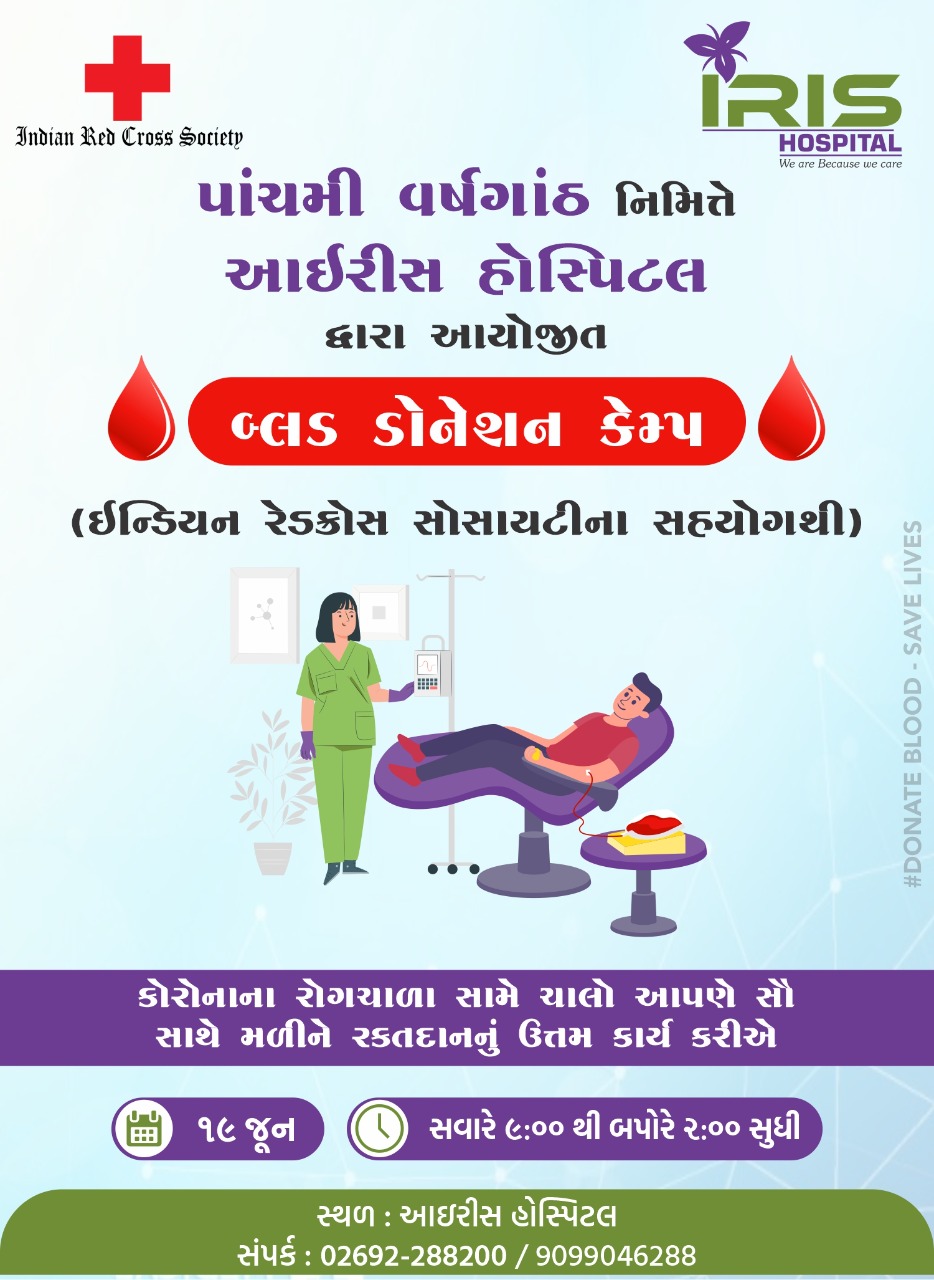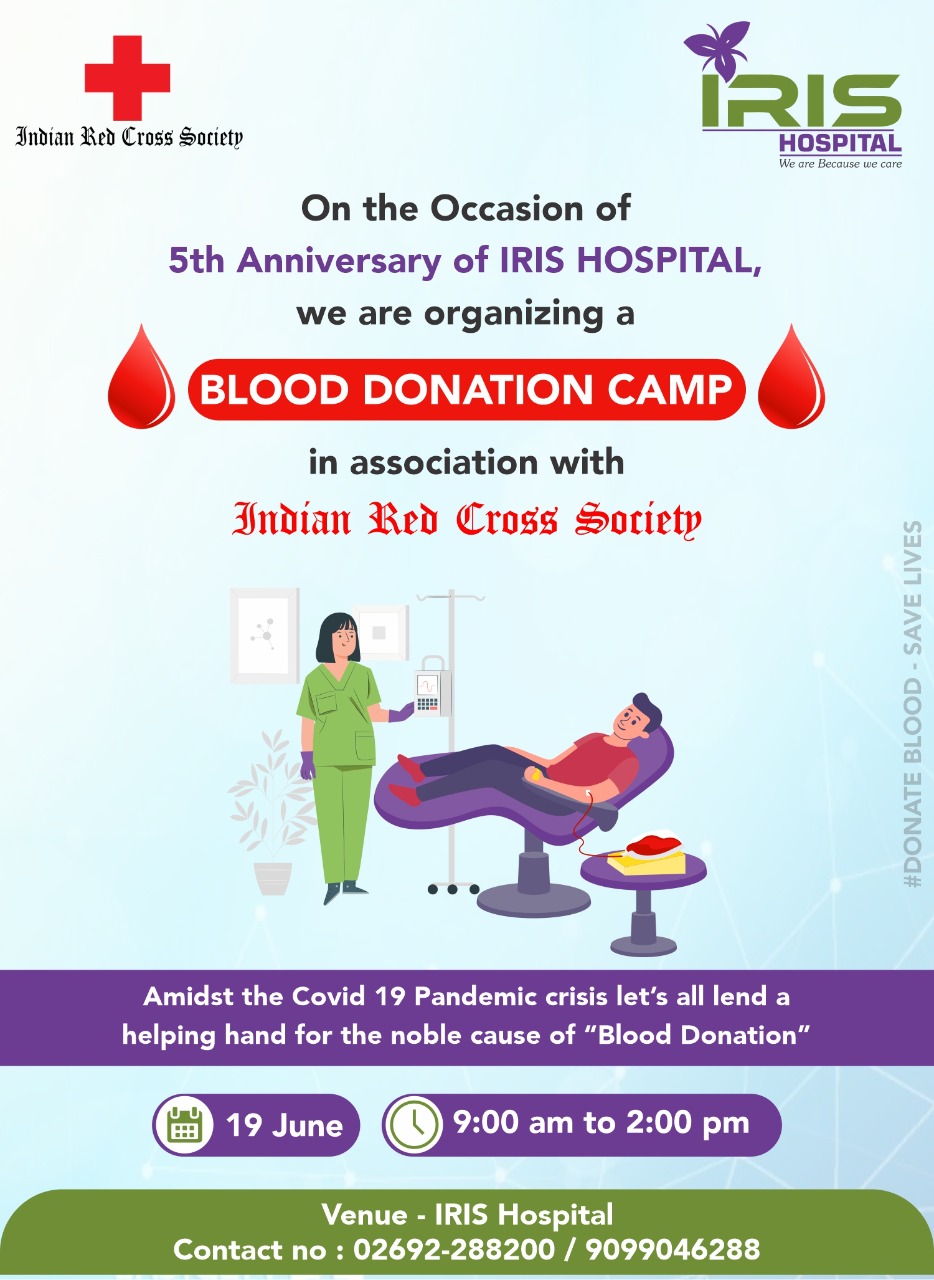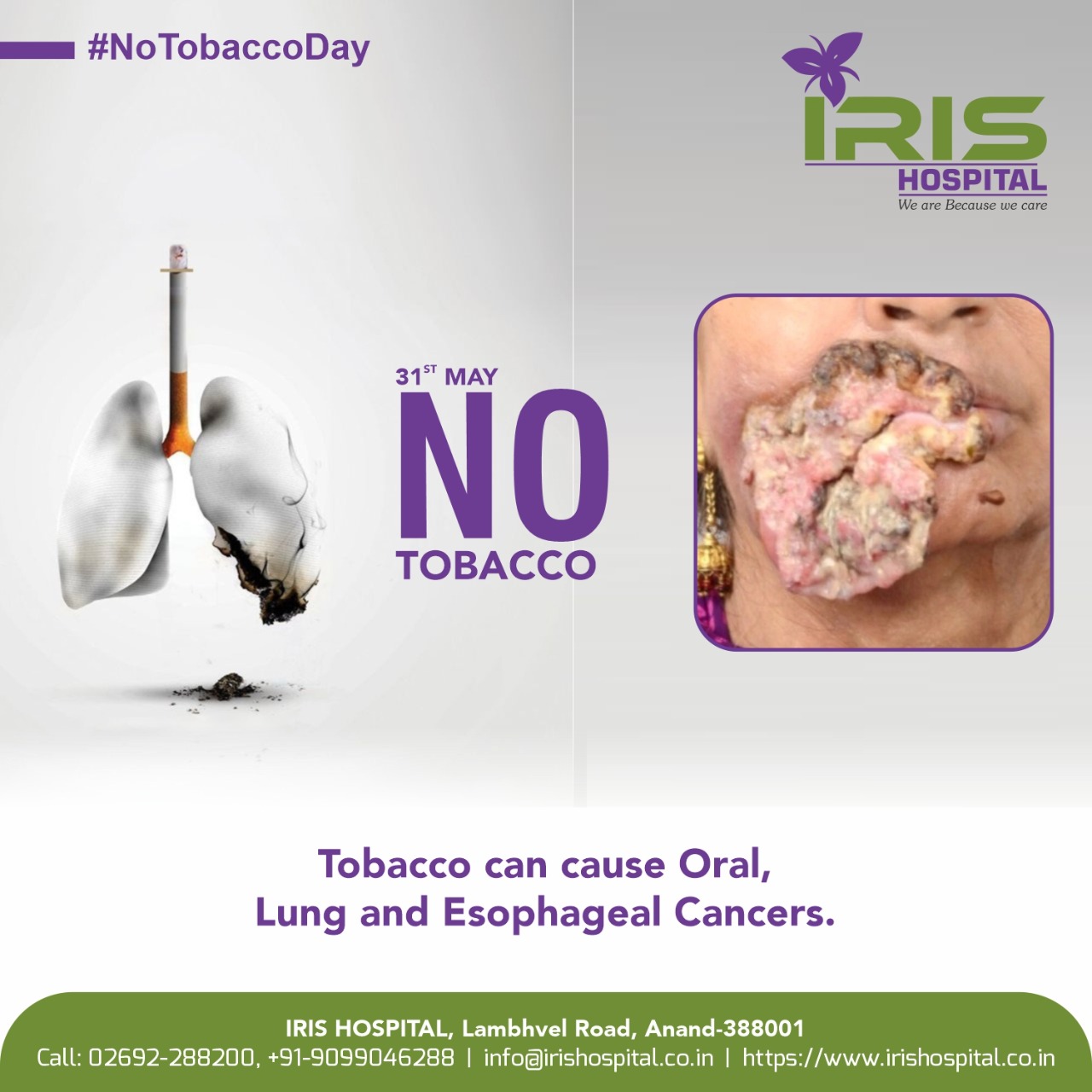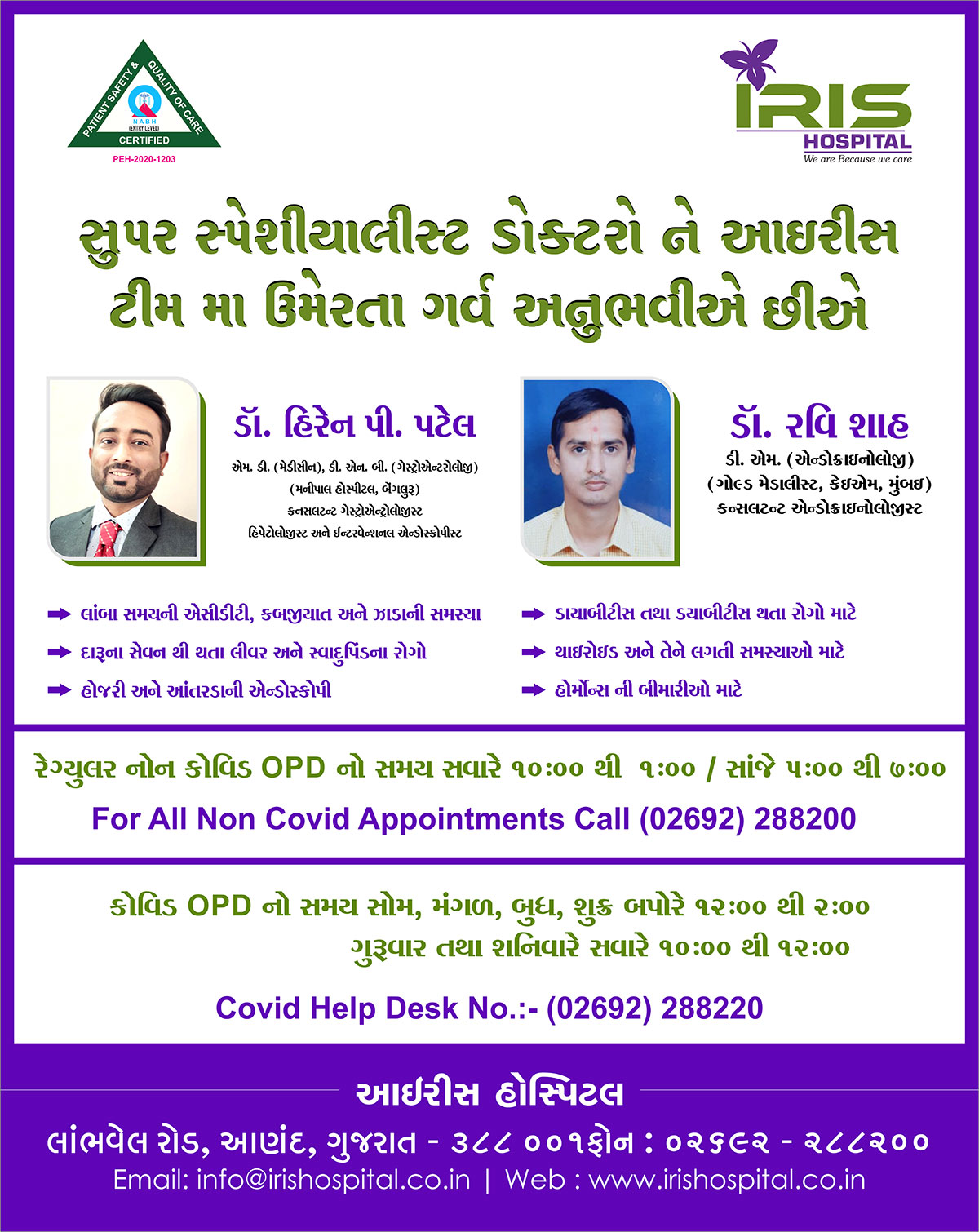બાળકોની બહેરાશ માટે વરદાનરૂપ ‘કોક્લિયર ઈમ્પ્લાન્ટ’
આપણે સમાજમાં ઘણા બાળકો ‘સાંભળી અને બોલી ન શકતા ‘ હોય તેવા જોઈએ છીએ. આ બીમારીની સારવાર તરીકે તાજેતરમાં ‘ કોક્લિયર ઈમ્પ્લાન્ટ‘ નામની સારવાર પધ્ધતિનો વિકાસ થયો છે. આણંદની પ્રતિષ્ઠિત આઇરીસ હોસ્પિટલના ENT સર્જન ડૉ મેહુલ પટેલ પાસેથી જાણીએ બીમારી તથા સારવાર વિષેની અગત્યની માહિતી.
* નવજાત શિશુને બહેરાશ કેમ આવે છે?
– જન્મ સમયે કમળો થવો, અમુક વાયરસના ઇન્ફેકશન થાય હોય, મગજનો તાવ જેવા કારણોથી કાનના અંદરના ભાગની કોશિકાઓ નાશ પામે છે, તેના કારણે બહેરાશ આવે છે.
* નાના બાળકને બહેરાશ હોય તેના શું લક્ષણો હોઈ શકે?
– બાળક અવાજની દિશામાં કાન ના ફેરવે તથા 2 વર્ષનું થાય છતાં સ્પીચનો વિકાસ ન થવો, ઇશારાથી વાતો કરવી, આ બધા લક્ષણો હોઈ શકે.
* બહેરાશનું સત્વરે નિદાન કઈ રીતે થઈ શકે?
– સમયસર લક્ષણોને પારખીને બહેરાશની OAE-BERA તપાસ કરાવવાથી સત્વરે નિદાન થઈ શકે.
* બાળકોની બહેરાશ માટેનું Universal Hearing Screening શું છે?
– દર 1000 બાળકોમાંથી 6 બાળકોને બહેરાશ હોય છે.
– જન્મના 10 દિવસ સુધીમાં બધા જ બાળકોનું OAE તપાસ કરાવવાથી સત્વરે બહેરાશનું નિદાન કરી શકાય.
* કોક્લિયર ઈમ્પ્લાન્ટ શું છે?
– કોક્લિયર ઈમ્પ્લાન્ટ એક ઇલેક્ટ્રોનિક ડિવાઇસ છે જે અવાજના તરંગો પકડીને તેને મગજ સુધી પહોંચાડવાનું કામ કરે છે. તેનો એક ભાગ ઓપરેશનથી કાનમાં ફીટ કરવામાં આવે છે જ્યારે બીજો ભાગ કાનની પાછળ લગાડવામાં આવે છે.
* કોક્લિયર ઈમ્પ્લાન્ટ પછી બાળક તરત બોલતું થાય?
– ઓપરેશન પછી બાળક સાંભળતું થાય છે. તેના પછી તેને બે વર્ષ સુધી ઓડિટરી વર્બલ થેરાપી (AVT) આપવી પડે છે. થેરાપી પછી બાળક બોલતું થાય છે અને નોર્મલ જીવન જીવી શકે છે.
* આ સારવારનો ખર્ચ શું છે?
– આઇરીસ હોસ્પિટલ કેન્દ્ર સરકાર ધ્વારા માન્યતા પ્રાપ્ત હોસ્પિટલ છે જેમાં ઓપરેશનથી લઈને થેરાપી સુધીની સારવાર મફતમાં થાય છે.


